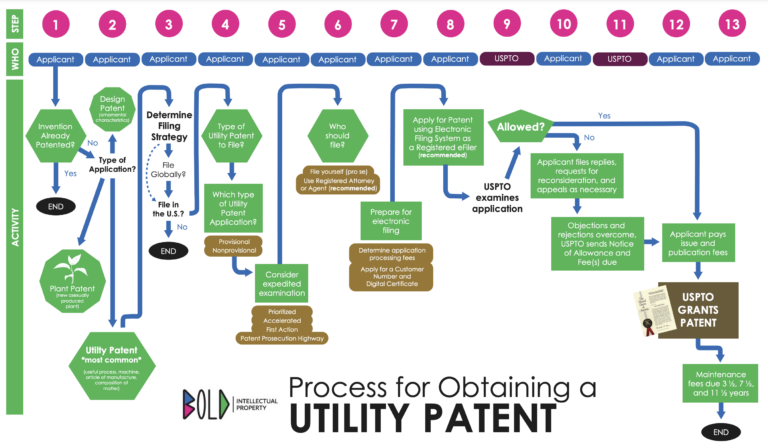Data Privacy Cases Handled by Cyberlaw Lawyers: Protecting Your Digital Rights in a Connected World
As the digital landscape evolves, so too does the need to protect personal data. With the rise of data breaches, cybercrime, and privacy violations, individuals and businesses alike are turning to cyberlaw lawyers to navigate the complexities of data privacy. Cyberlaw, a specialized branch of law, focuses on the legal aspects of digital data and online activity, including privacy laws, data protection regulations, and cybersecurity measures. Data privacy cases handled by cyberlaw lawyers are critical in ensuring that both individuals’ personal information and businesses’ sensitive data are adequately protected. This article delves into the types of data privacy cases handled by cyberlaw lawyers, why they matter, and how you can safeguard your rights in an increasingly digital world.
Understanding the Scope of Data Privacy Laws
Data privacy laws regulate how personal information is collected, stored, shared, and protected. These laws aim to ensure that individuals’ privacy is respected in the digital space, and they vary widely by jurisdiction. For instance, the European Union’s General Data Protection Regulation (GDPR) is a robust data privacy law that governs data processing for individuals within the EU, while the California Consumer Privacy Act (CCPA) protects data privacy for California residents.
Cyberlaw lawyers are well-versed in these legal frameworks and are essential in navigating both domestic and international privacy regulations. They represent clients involved in cases of non-compliance, breaches, or violations, offering legal strategies to enforce rights and minimize risks. These lawyers ensure that businesses adhere to privacy regulations and that individuals have legal recourse if their personal data is mishandled.
Common Types of Data Privacy Cases Handled by Cyberlaw Lawyers
Cyberlaw lawyers handle a wide variety of data privacy cases. Some of the most common include:
- Data Breach Cases: When a business or organization experiences a data breach, cyberlaw lawyers help affected individuals and businesses navigate the legal ramifications. They ensure that affected parties are notified in accordance with privacy laws and help mitigate the damage caused by unauthorized access to personal or corporate data.
- Privacy Violations: Many data privacy cases arise from violations of privacy laws, such as the unauthorized collection or sharing of personal information. Cyberlaw lawyers often represent individuals whose privacy rights have been violated by third-party entities like marketing firms, social media companies, or employers.
- Non-Compliance with Data Protection Regulations: Businesses that fail to comply with data protection regulations such as GDPR or CCPA can face significant fines and legal consequences. Cyberlaw lawyers advise companies on best practices for compliance, draft data protection policies, and represent businesses in cases of regulatory enforcement.
- Cybercrime and Identity Theft: Cyberlaw lawyers also handle cases of cybercrime, including hacking, identity theft, and fraud. They assist victims in recovering damages, working with law enforcement, and navigating the legal complexities of digital crimes.
- Contractual and Privacy Disputes: Privacy clauses in contracts, especially in terms of data sharing or outsourcing, can lead to disputes. Cyberlaw lawyers often represent clients in cases where a business fails to uphold its privacy commitments or when there are conflicts over data use in contracts.
The Role of Cyberlaw Lawyers in Data Protection and Cybersecurity
Data protection and cybersecurity are deeply intertwined, and cyberlaw lawyers play a key role in both. These lawyers not only handle privacy violations and breaches but also advise businesses on implementing robust cybersecurity measures. They assist in creating policies that protect sensitive data and guide organizations in creating incident response plans for data breaches.
Additionally, cyberlaw lawyers ensure that businesses are prepared for future regulatory changes. As governments around the world adopt stronger data privacy laws, staying ahead of compliance requirements is vital. Cyberlaw lawyers help businesses draft contracts, review data-sharing agreements, and ensure that cybersecurity policies align with current regulations, safeguarding both the company and its customers.
How Cyberlaw Lawyers Help in International Data Privacy Issues
With the global nature of the internet, data privacy concerns often extend across borders. Data privacy regulations in one country may not apply in another, making it difficult for companies to navigate international legal requirements. Cyberlaw lawyers are experts in handling these cross-jurisdictional issues and ensuring that international data transfers comply with relevant laws.
For example, the GDPR imposes strict rules on the transfer of personal data outside the EU, and non-compliance can lead to heavy penalties. Cyberlaw lawyers help businesses understand how to handle international data transfers legally and assist individuals in cases where their data privacy rights are violated by foreign entities.
FAQs About Data Privacy Cases Handled by Cyberlaw Lawyers
1. What types of data privacy issues should I consult a cyberlaw lawyer for?
Consult a cyberlaw lawyer if you’re involved in a data breach, need advice on data protection compliance, are a victim of identity theft, or are facing a privacy violation case.
2. How can a cyberlaw lawyer help protect my business from data breaches?
A cyberlaw lawyer can help you implement policies to comply with privacy laws, assist in drafting contracts with third-party vendors, and advise on cybersecurity best practices.
3. What are the penalties for data privacy violations?
Penalties vary by jurisdiction and violation. For example, under GDPR, companies can face fines up to 4% of global annual revenue for non-compliance.
4. How can a lawyer assist with international data privacy issues?
Cyberlaw lawyers can navigate international data transfer laws, ensuring compliance with global privacy regulations like GDPR, and advise on cross-border data sharing arrangements.
5. What should I do if my personal data is mishandled or stolen?
Contact a cyberlaw lawyer immediately. They can guide you on how to report the incident, protect your rights, and pursue compensation for damages caused by the breach.


